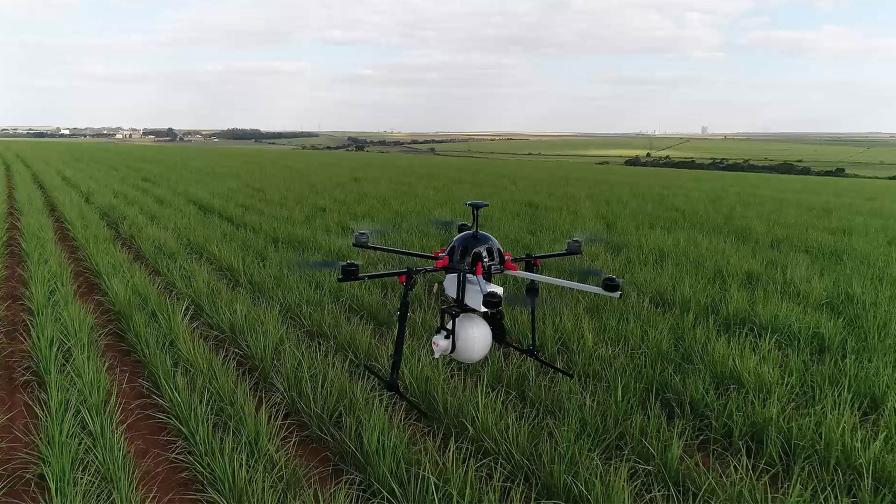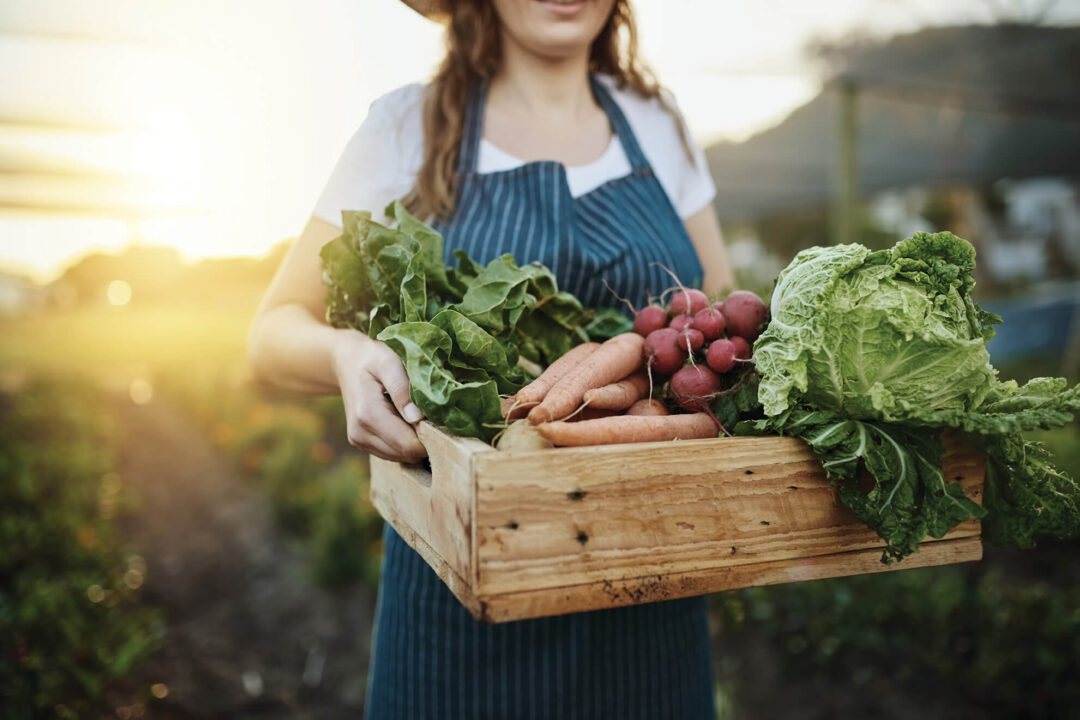Why South America Is an ‘Ideal Hub’ for Biopesticide Innovation
With the global push towards sustainable agriculture, the biopesticide market is experiencing explosive growth. Brazil is at the forefront of this expansion, with its biopesticide market expected to continue maintaining a rapid pace. As an organization that is focused on building more sustainable agriculture for future generations and developing natural crop protection solutions based on the potential of micropeptides, Micropep is looking to strengthen its investment in the country and is closely following developments in Latin America to explore the untapped opportunities there.
South America is well-positioned to lead the charge for new biopesticides. The region has such a rich biodiversity that provides a treasure trove of potential bioactive components. In fact, a recent Kynetec report reflects just how much potential there is in the region. The total value of the crop protection market in Brazil increased by more than 70% over the past two years. This can mainly be attributed to price increases, especially of non-selective herbicides. The research also found that soybeans are the largest crop in the country, accounting for 52% of the cultivated area last year.
Furthermore, more than 70% of the market value of biological pesticides is in bionematicides, with soybean and sugarcane as key crops, and bioinsecticides, with corn as the key crop. Even though the Kynetec report indicates biologicals have a small 4% share in value terms at a farm level, there is a positive to this. The compound annual growth rate (CAGR) of over 38% over the last five years in biologicals significantly outpaces the 12% CAGR of traditional crop protection products over the same period.
Growth Potential
Brazil has certainly been attracting significant corporate interest from a biopesticide perspective. Multinationals and domestic organizations are competing for market share in a market that currently has more than 400 businesses offering products for farmers. Increasingly, U.S. companies are looking to collaborate with Brazil to boost biopesticide innovation in the country. This is critically important given how global food production must increase by 70% to ensure food security worldwide. To bridge this gap, there’s a clear need for affordable and sustainable agricultural solutions.
For its part, Micropep has a comprehensive product development strategy in place for Latin America and is actively working on generating the data required to secure product registrations in key markets with Brazil being one of them. Micropeptides have the potential to revolutionize crop protection and improve yield and quality by modulating gene expression in a targeted manner to help plants better respond to biotic and abiotic stressors.
Of course, this means it’s vital for companies like Micropep to collaborate with local stakeholders in Brazil to share innovative practices and technologies with growers in the country. This will further empower communities with access to solutions that will see them experience the environmental and societal benefits that will be gained from the deployment of modern, efficacious, and safer agricultural technologies.
None of this can happen in isolation. U.S. companies and all relevant Brazilian parties must work together for the greater good. This will help accelerate the ongoing development of innovative, sustainable solutions that can help cater to the growing need for food security.
South American Platform
South America provides an ideal hub for biopesticide innovation. The environmental conditions and natural resources of South America in general and Brazil in particular make for a fertile ground for discovery and development. With key partnerships in research, development, and distribution, countries across the continent can become global leaders in sustainable pest management solutions. The natural resources and research capabilities in Brazil and other countries contribute to creating an enabling environment for biopesticide innovation. In turn, this fosters the ability to rapidly bring these innovations from the lab to the Brazilian growers’ toolbox.
The growth of the biologicals market, specifically in Brazil, is based on a nurtured “ecosystem.” There is a concerted effort between regulatory, government support, and educational programs, to provide the production system with increasing alternatives for growers. Thankfully, Brazilian growers themselves are highly entrepreneurial, prioritizing in managing their fields with sustainable solutions to feed a growing population. Companies like Micropep need to be an additional driving force and partner with such growers on how to effectively use biosolutions technologies and aid their effort in harnessing the power of nature.
According to JP Morgan Chase, agricultural technology holds great promise to address some of the challenges in Latin America like the fragmentation between large-scale farms with advanced practices and technologies, and smallholder farmers who mainly operate informally.
The economies of scale needed to innovate successfully means strategic investments in R&D for South America’s agriculture sector will be essential. The goal towards achieving sustainable pest management relies on getting the necessary local and foreign investments to benefit growers across Latin America.
Sustainability Target
The remarkable growth of the biopesticide market in regions like Brazil underscores the shift taking place towards sustainable agricultural practices.
Our vision for biopesticide builds on the immense potential of South America’s rich biodiversity. These provide sustainable alternatives, especially in the face of escalating agricultural challenges. There has been a growing demand for biologicals within the Brazilian crop protection market to further reflect how the era of sustainable agriculture is upon us.







